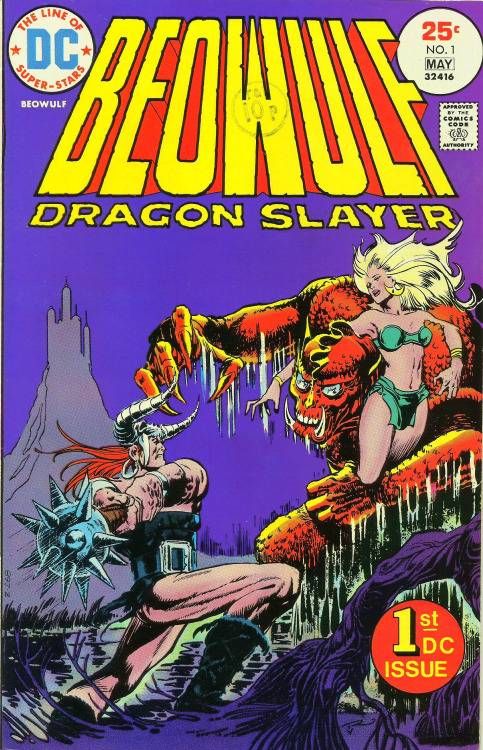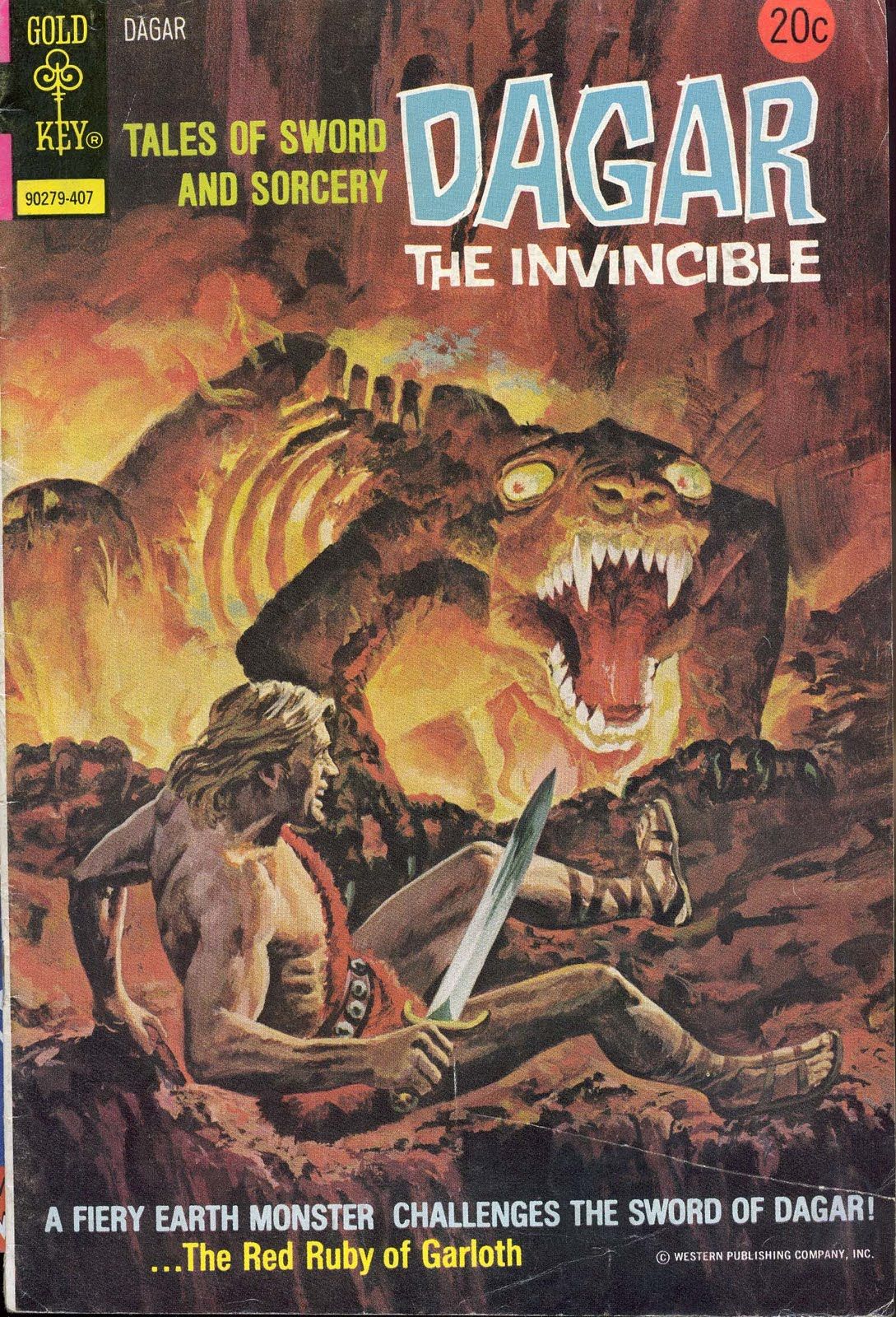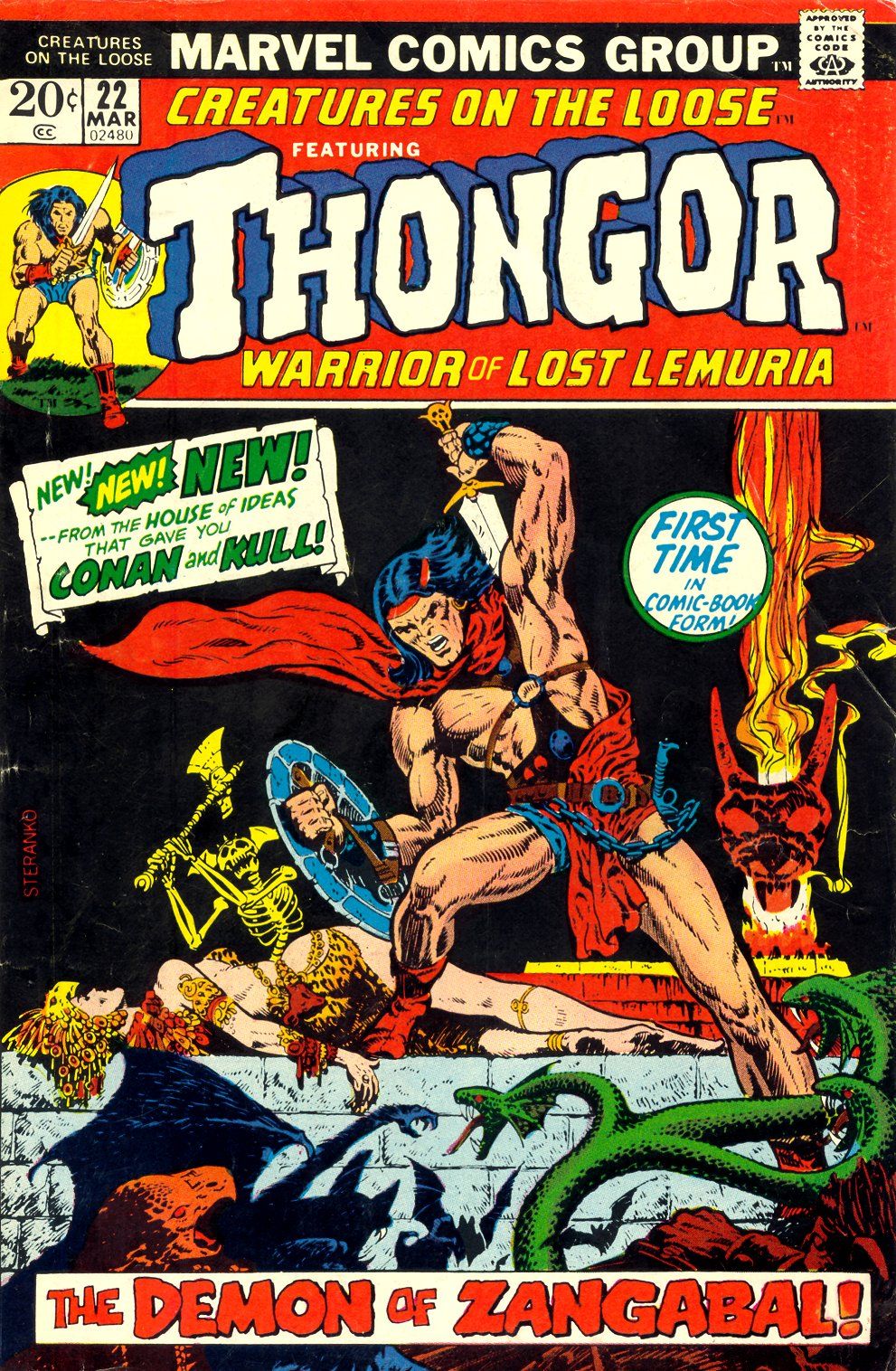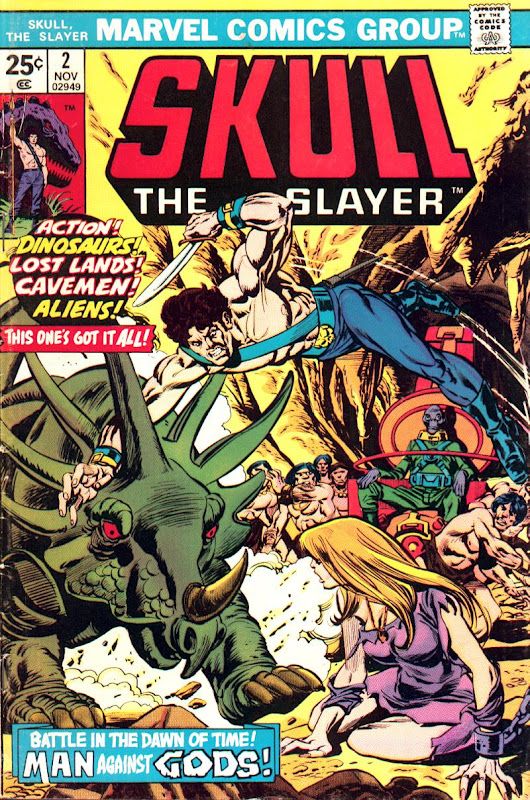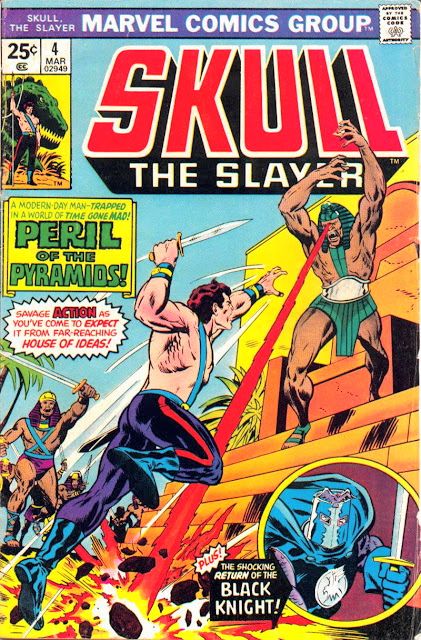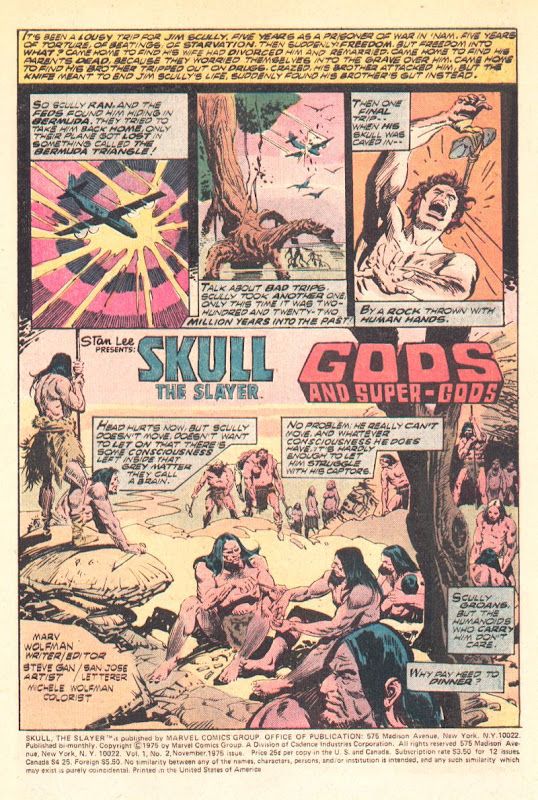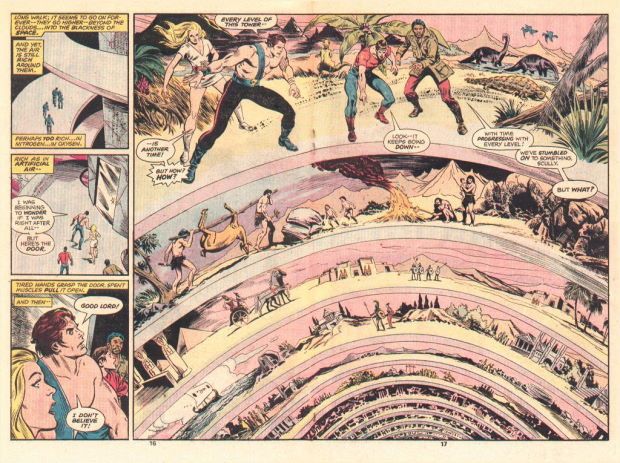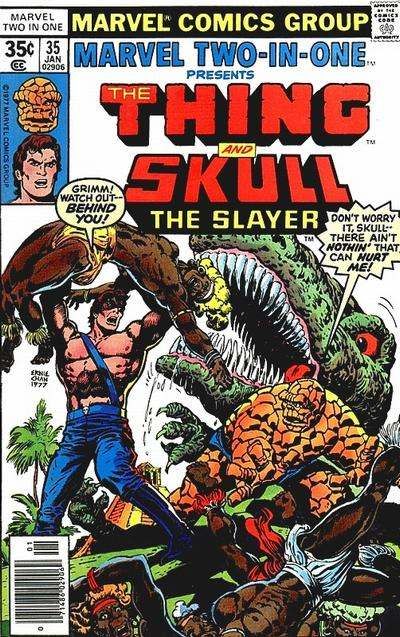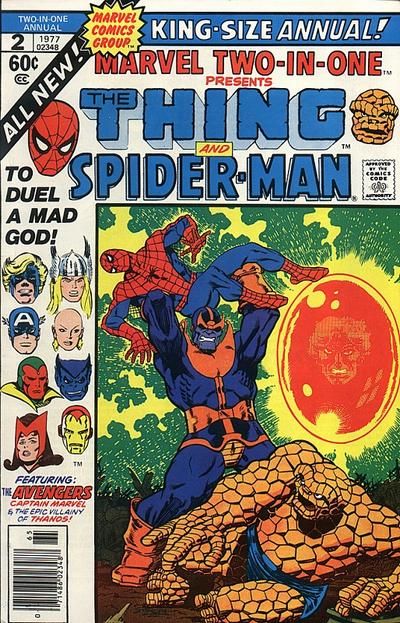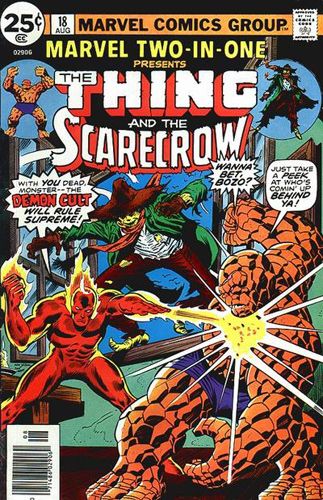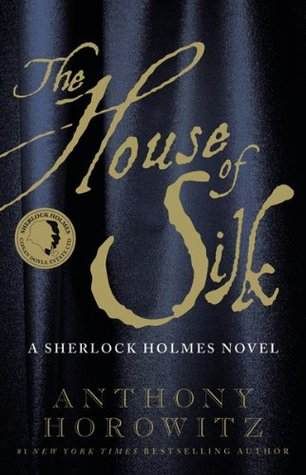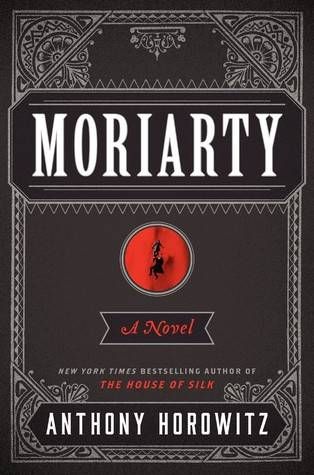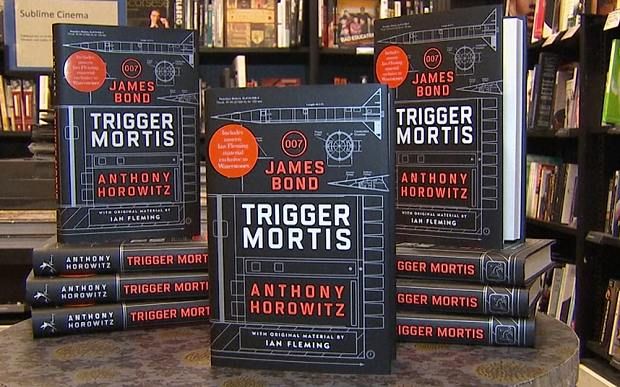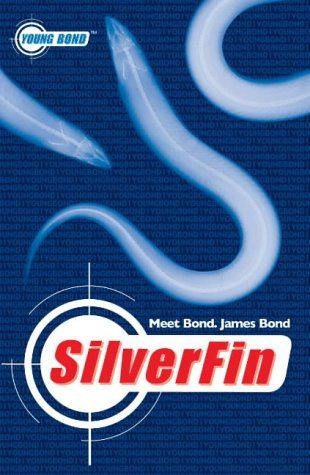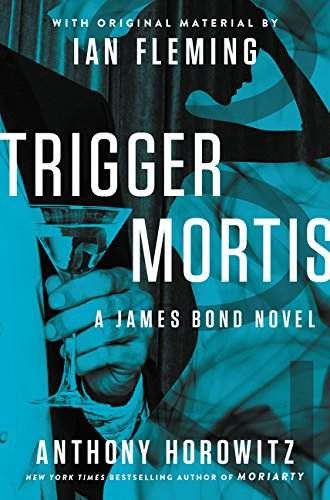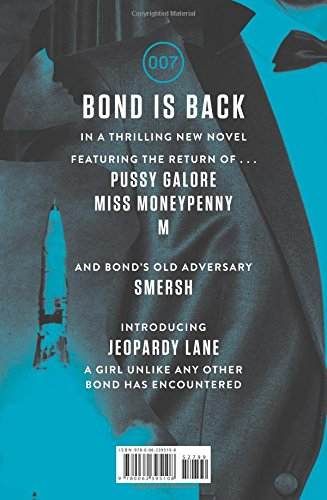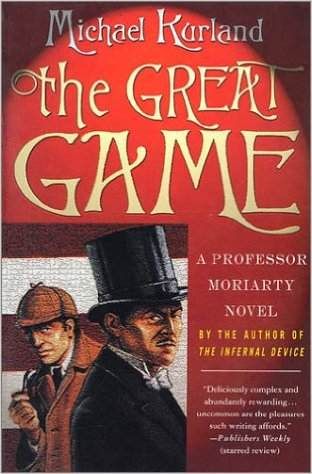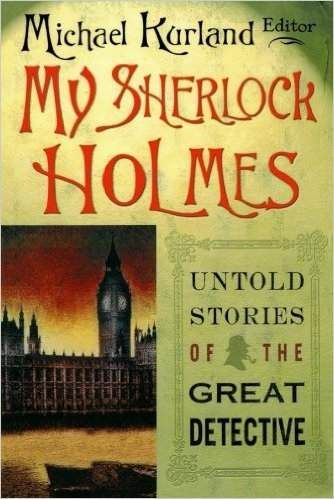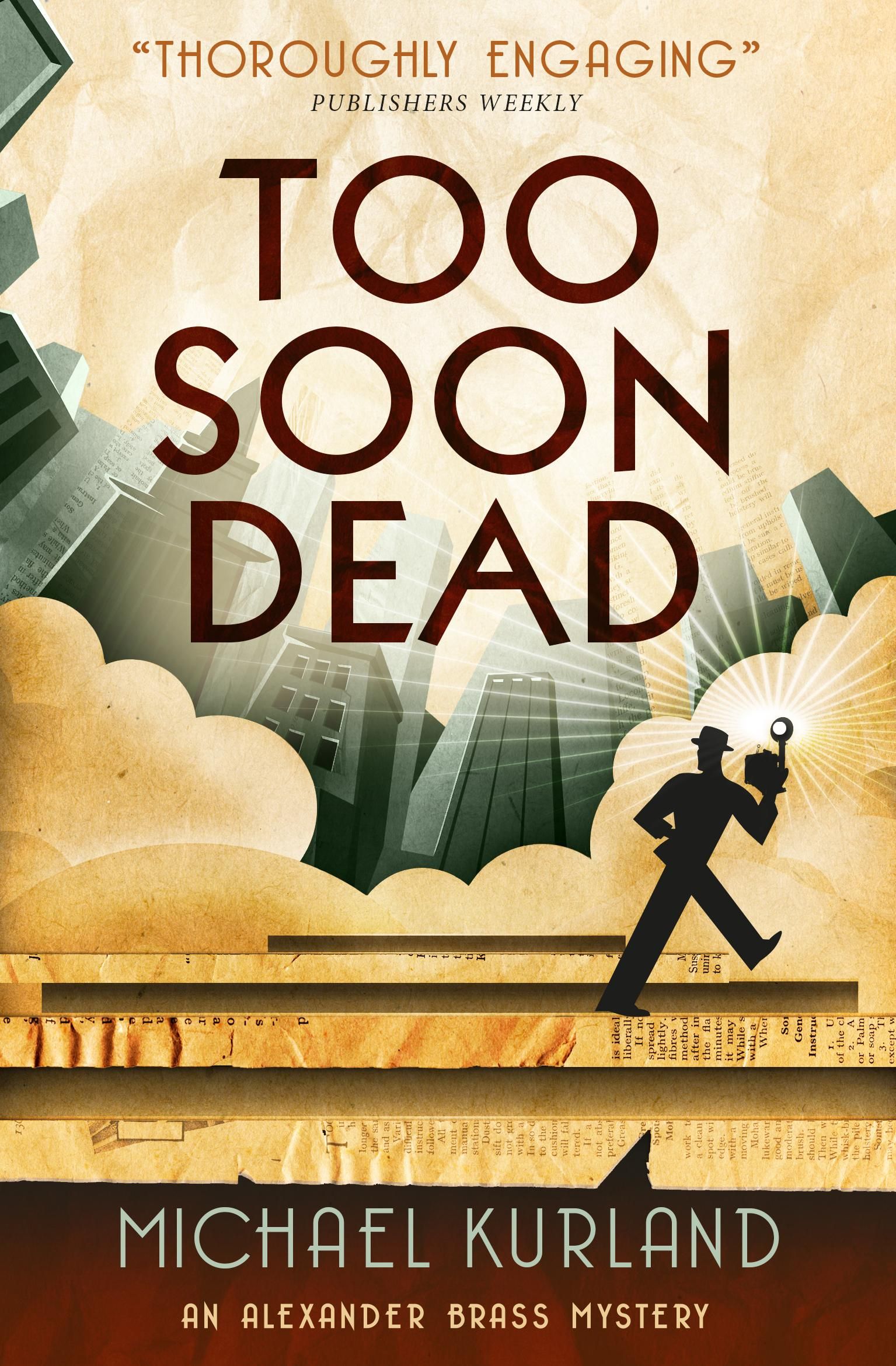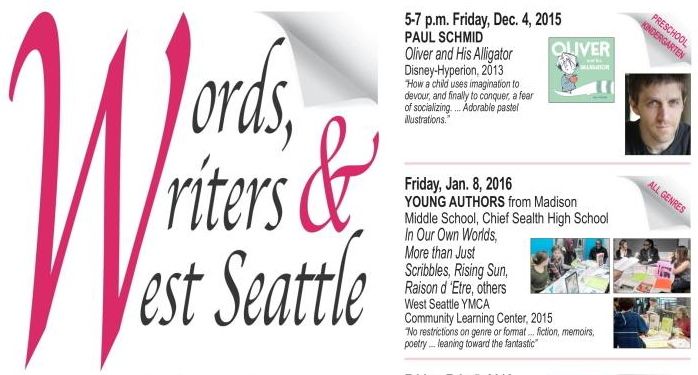A little of this, a little of that; bits and pieces that didn't rate a full column in and of themselves. Some cool new books, I'm on the internet radio thing again, upcoming author signings, an oddball bit of comics-related live theater, and even some actual comics.
*
New Old Comics: Despite my reputation, I haven't actually read EVERYTHING that was published in the 1970s. So when I had the chance to pick up the remaindered paperback collecting the complete run of Skull the Slayer for about three dollars, I was all over that action.
I've always had a soft spot for the seventies sword-and-sorcery comics boomlet that spun out of Marvel's Conan success. I'm talking about stuff like Beowulf Dragon-Slayer, or Thongor of Lost Lemuria, or Dagar the Invincible. Even though the quality was wildly uneven from issue to issue and the vast majority of those comics never even made it to double digits, I still kind of love them.
Skull the Slayer is squarely in that fraternity, though somehow I missed it the first time around. I finally caught up to it here in this collection, and I really enjoyed it. It isn't good, exactly, but it's fun. Kind of a cross between Mike Grell's Warlord and Marvel's Ka-Zar, but with the crazy turned up to eleven. Vietnam veteran Jim Scully and several others are on a plane flying through the Bermuda Triangle that passes through some sort of time warp and crashes in the land of the dinosaurs. Scully and his ragtag band of misfits-- Jeff Turner, an earnest young man given to exposition, Dr. Raymond Corey, an angry black scientist guy, and Ann Reynolds, the designated damsel in distress-- encounter cavemen, dinosaurs, ancient civilizations, and aliens in the course of eight increasingly deranged issues before the book was canceled mid-storyline.
Marv Wolfman created the concept and wrote the first three issues before handing it off to Steve Englehart, who wrecked everything Wolfman had set up and started over, then Bill Mantlo was brought in to try and salvage it and undid everything Englehart had just done (or redid what had been UN-done, I guess you'd say.) It was a typical seventies Marvel hot mess that seemed to change direction-- and even genre-- from one issue to the next.
But to be honest that's kind of what I liked about the book. It ticks off so many of my early-seventies Marvel comics checklist items that the experience of reading it felt like settling into a comfy pair of old slippers.
Interesting initial concept that never really got a chance? Check. Musical chairs with the creative team? Check. Awkwardly earnest social commentary and "relevance"? Check. Completely wonky genre mashup? Direction changes abruptly a couple of issues in? Eventually a title so unloved it's dumped on Marvel utility infielders Bill Mantlo and Sal Buscema? Check, check, and check. And, of course, it had the traditional Marvel strategy for resolving open-ended cliffhangers... it was wrapped up in another comic entirely. As usual, Ben Grimm was brought in to bat cleanup in a two-parter that Marv Wolfman returned to script.
(Ben Grimm wrapped up several hanging storylines in the early 70s. Probably the most famous one was Jim Starlin's Warlock, but the one that always makes me smile is how he suddenly took over the last installment of Scott Edelman's Scarecrow.)
Anyway, as far as Skull and his pals are concerned. If you're a Bronze Age kid like I was, you'll probably enjoy this. If you're a little too young to get the nostalgia vibe I did out of it, well, it's an interesting snapshot of just how nutty things got at Marvel in the days before Jim Shooter got the trains running on time. Either way, though, don't pay full price. Get it used. It's fun but not THAT fun.
*
Radio Redux: I keep forgetting to mention this, but there's a new episode of Radio Vs. The Martians up and I'm on it.
This is one of the "point-five" episodes that Mike puts together out of all the tangential discussions that tend to occur while we are doing the main episode. (I actually enjoy these more than the main episodes, most of the time; they always remind me of the meandering, random discussions we'd have at the old CBR barbecues the MacQuarries would host during Comic-Con International.) Anyway, it's up now and you should check it out.
*
The Sherlockian Connection: A while ago I came across The House of Silk, a Sherlock Holmes pastiche by Anthony Horowitz that I liked so much I went out and got his other one, Moriarty.
It was just as engaging and difficult to put down, and I was sold on Horowitz from then on. But his newest pastiche effort is the one I've been most anxious to see. Because he's moved on from Sherlock Holmes to James Bond.
Trigger Mortis is the latest "new" Bond novel is a long line of them, and for my money it's the first one since Kingsley Amis and Colonel Sun to absolutely get it right.
Here's the thing. James Bond is a hugely heavy lift for a writer. For one thing, the character has been around so long, and has so much baggage from those who have gone before-- in both the novels and also movies, comics, all sorts of other ancillary material-- that you have to figure out which version you're doing. Updated? Period piece? Smirky Roger Moore version? Tough Daniel Craig version? Split the difference? What about all the sexism and racism in Ian Fleming's original novels? Try and fix that and get jeered at for being PC, or else try and do the same kind of fifties British imperialist snob thing Fleming did and get pilloried for making James Bond a jerk. And so on.
It's a very difficult needle to thread and it's only ever really been done well a couple of times. Amis managed it in the aforementioned Colonel Sun, and also Charlie Higson's Young Bond books managed to suggest the Fleming style without the accompanying condescending misogyny. Higson has an advantage, though, because he's writing about a different version of James Bond and so has a little point-of-view filter in place to help keep readers from feeling like it's too far off the mark.
Horowitz, though, takes on the hardest challenge of all. He's not bothering to try and incorporate anything from the movies at all, but rather going after the Fleming purists like me, writing about Bond in his fifties Cold War heyday. His book opens just two weeks after the events of Goldfinger.
Here's the blurb:
James Bond, the world’s most famous spy, returns to his 1950s heyday in this thriller from New York Times bestselling author Anthony Horowitz, incorporating never-before-published material from 007’s creator, Ian Fleming.
James Bond won his battle with criminal mastermind Auric Goldfinger, but a whole new war is about to begin. With glamorous Pussy Galore by his side—and in his bed—Bond arrives home from America to the news that SMERSH, the deadly Soviet counterintelligence agency, plans to sabotage an international Grand Prix. He must play a high-speed game of cat and mouse on the track to stop them, but a chance encounter with a mysterious Korean millionaire, Jason Sin, warns him that the scheme is only the Soviets’ opening move.
This dashing and seductive narrative of fast cars, beautiful women, and ruthless villains has all the hallmarks of an Ian Fleming original, including familiar faces such as M and Miss Moneypenny. Trigger Mortis pits Bond and American adventurer Jeopardy Lane against a cold-blooded tycoon determined to bring America to its knees—with the help of SMERSH, who will pay any price to secure Soviet victory in the space race now at the heart of the Cold War. The clock is ticking as the scheme unfolds, culminating in a heart- stopping New York City showdown that will determine the fate of the West.
The amazing thing is that Anthony Horowitz pulls it off. This is a terrific book and actually displaces Colonel Sun as my pick for best Bond fake ever. Trigger Mortis reads like Fleming. Horowitz captures Ian Fleming's prose rhythm, his narrative voice, in a way that no one else has even bothered to try up until now. Fleming had a trick of narrating in a limited third-person omniscient that's almost stream-of-consciousness that NOBODY has ever really nailed in a Bond pastiche before, and Horowitz gets it letter-perfect. Plus the story's got a scene where Bond is buried alive that is even more harrowing than the torture course in Doctor No (the novel, that is-- the same bit in the movie was hugely watered down.) I hope the Fleming Estate lures Mr. Horowitz back to do a few more of these. Between this and the new Warren Ellis comics I am one happy 007 fan at the moment, even though we still haven't made it to the new movie.
Another modern Sherlock Holmes author I rather like has a new series debut as well. Michael Kurland has been writing a series of Moriarty novels as well as editing some of the better Sherlock pastiche collections.
The Moriartys are just okay (the Moriarty pastiche to beat is still Kim Newman's brilliant Hound of the D'Urbervilles) but Kurland's anthologies are great fun, so I was intrigued enough to say yes when Titan Books offered to send me his first Alexander Brass novel, Too Soon Dead.
This one surpasses Kurland's Holmes stuff pretty much on every level-- this time, he's channeling the sort of fast-talking quippy urban mystery style of Rex Stout and Ellery Queen circa the late 1940s, though the novel itself is set somewhat earlier than that. Titan describes the book thus: It all begins when a furtive tipster promises an explosive story and gives Morgan DeWitt—assistant to New York World celebrity newsman Alexander Brass—an envelope filled with photographs of the most compromising nature. When the tipster turns up murdered, Brass and his team resolve to find the killer, running the gauntlet of blackmailing Nazis, accommodating nymphomaniacs and US senators on the way...
The story is narrated in the first person by Alexander's assistant Morgan DeWitt, and though Brass and DeWitt are nothing like Nero Wolfe and Archie Goodwin in their personalities, nevertheless the character dynamic and the snappy banter is very reminiscent of Rex Stout's style in the Wolfe series. The mystery itself is not that engaging but the characters are so entertaining that I'm inclined to give Kurland a pass on the weak plot. The next one, The Girls in the High-Heeled Shoes, is due in February and I'll be interested to see how that one goes.
*
If You're In Seattle... Ghost Light Theatricals is staging King Kirby in January. Information here.
I know nothing about this play except that it is the story of the life of Jack Kirby and it was co-written by Fred Van Lente. That's good enough for us so I think we'll be checking it out some time in January.
But not opening night, because my Young Authors are doing a signing at Barnes and Noble on that date, January 8th.
The Westwood Village location, five pm to seven pm. We'll have all ages represented, Young Authors past and present from my 6th graders on up through the college grads. It should be a lot of fun. Here's a video invitation both the Young Authors classes collaborated on last week. Come by and say hello and get a book signed if you're in town.
*
And there you go. That should keep you all entertained for a while. In the meantime I'd better get back to getting these student anthologies put together if we're going to have books in time for our upcoming signing, so I'll leave you to it. See you next week.



